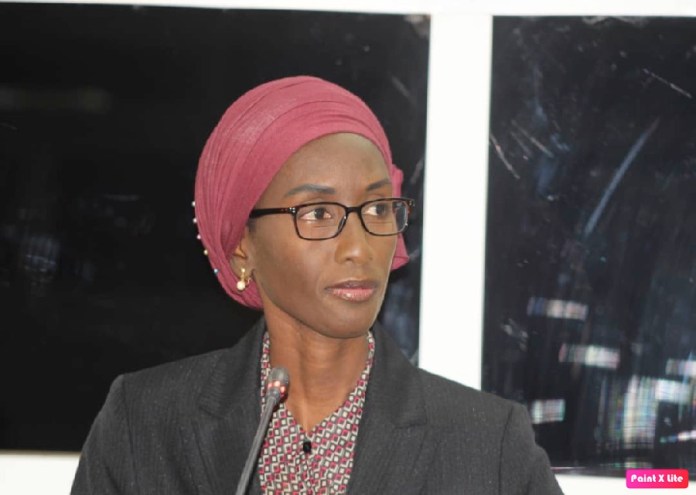By Omar Bah
Senior government and private sector officials have met and brainstormed on ways to combat “unconscious bias” in Gambia’s workplaces.
According to the Global Gender Gap Report of 2020, The Gambia ranks 136 out of 153 countries across key women empowerment indicators like most developing countries.
A survey conducted by Bridging Gaps Advisory in 2017, to determine the profile of women in leadership roles in The Gambia indicated a huge gap between men and women. The government and development partners are believed to be attempting to address the malice.
The stakeholders said becoming conscious of the limiting reality of unconscious biases “can move us to greater capacity to work in teams and become more inclusive in our decisions”.
The seminar organised by Bridging Gaps Advisory, Fyen Consulting and Master Associates in partnership with UNDP on Tuesday focused on the need for women inclusion in key leadership and decision making positions.
Unconscious bias is referred to as the deep-seated prejudices people absorbed due to living in deeply unequal societies. It can lead to instinctive assumptions that a nurse must be a woman or an engineer but won’t make a good leader.
In a statement read on her behalf by the permanent secretary, Ministry of Gender, Children and Social Welfare Rohie Bittaye Darboe, Minister Fatou Sanyang Kinteh said in terms of gender unconscious biases women are disproportionately affected negatively.
“Men dominate the decision making positions be it the homes or the workplaces,” Minister Kinteh said.
She said the issue of unconscious bias and its impact on women’s leadership and political participation is a growing concern worldwide.
“I believe that the seminar will undoubtedly have a positive impact on shifting their gender blind lenses towards a more diverse and inclusive approach,” she said.
All sectors, she added, “are expected to commit to leveling up equal opportunities for everyone”.
“Women can integrate relevant gender issues into their plans as an integral part of their work to eliminate all forms of discrimination in their employment processes,” she said.
Minister Kinteh said the government will continue to put the right legal framework and policies in place to eliminate discrimination against women, girls and marginalized groups.
A representative of the UNDP, Abdou Touray, urged all public and private enterprises to translate lip service into action.
“I urge you to take the discussions held at this seminar to institutions by putting them into action. My message to you is to implement the national policies and use resources to counter discrimination in your workplace,” he said.
Touray added that when the policies are implemented, it will enhance employment competence and commitment and create accountability and transparency.
He said bias against women results to discrimination, harassment and violence, which in turn negatively affects the meaningful participation of women in decision-making.
The UNDP rep argued that the under-representation of women in leadership decision making roles is often quoted as a serious hindrance to sustainable national development.
“It is fundamental for all stakeholders to continue to study and address the root cause of gender inequalities,” he said.
Respected personalities such as experienced lawyer Neneh Cham, Emily Sarr, Lucy Fye Jagne and Seedy A.B. Njie delivered presentations on legal aspects of gender equality, gender parity gap, unconscious bias and its importance.





